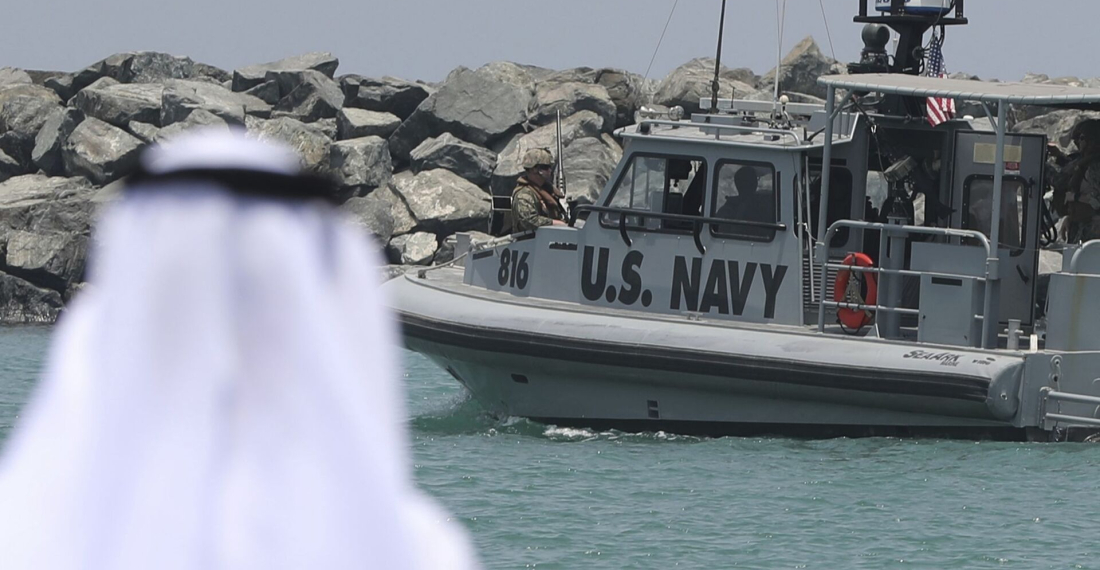An announcement on Wednesday (31 May) that the UAE had withdrawn its participation from the Combined Maritime Forces (CMF) coalition is supposed to have caught the US by surprise.
Except that it seems that the withdrawal took place two months ago. But the Americans say they were not notified officially. It seems that what happened was that UAE personnel left the mission according to the usual rotation schedule, but their replacement never arrived. The withdrawal was made public through US sources, and subsequently confirmed by the UAE foreign ministry. “As a result of our ongoing evaluation of effective security cooperation with all partners, two months ago, the UAE withdrew its participation in the Combined Maritime Forces,” the Ministry said in a press release.
“The UAE remains committed to responsibly ensuring the safety of navigation in its seas, in accordance with international law,” it continued. The announcement gave no reason for the supposed end to the UAE's contribution, however for some time the UAE government has been signalling its displeasure at the US approach to security in the Gulf. The UAE, and some other Gulf states, appear to want a more robust and more formal set of security guarantees that what the US has provided so far.
The withdrawal from the Combined Maritime Force is for the moment more symbolic, than operationally vital. It does however reflect growing displeasure in the Gulf with the state of relations with the US and the EU. “They come when they need something, otherwise they forget all about us,” one Emirati expert told commonspace.eu. Given the turbulence in international relations, any rift between the US and its friends in the Gulf, is bound to be exploited by third parties, which is why an intensive and high level dialogue needs to be maintained to reduce “gesture diplomacy”, of the sort the withdrawal from the Combined Maritime Force seems to be.







